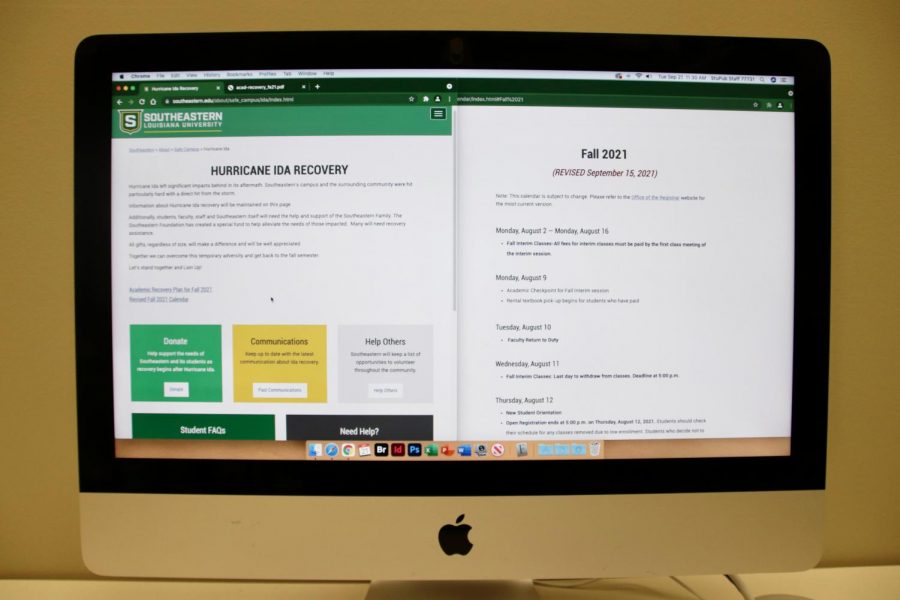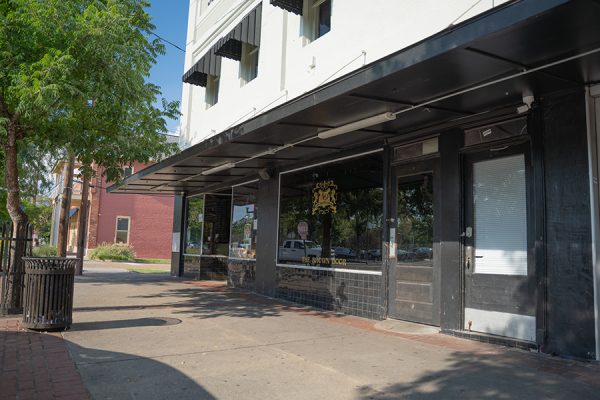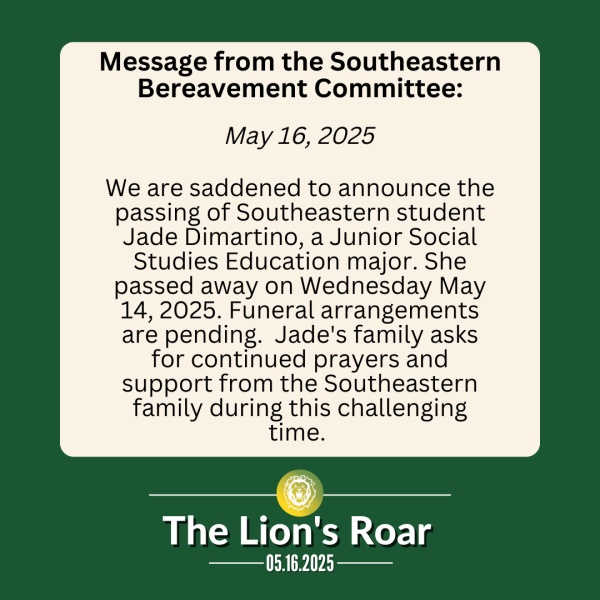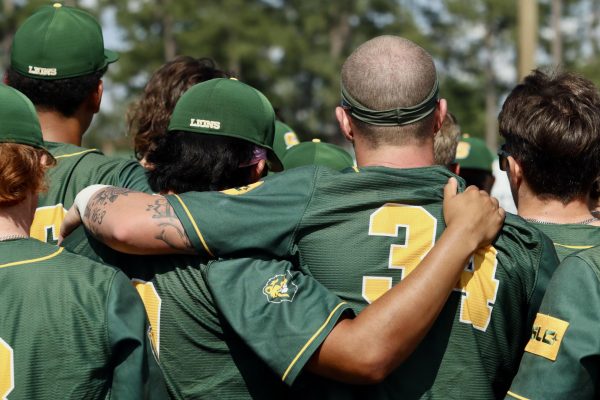Academic calendar revised after Hurricane Ida
Students can find Hurricane Ida Recovery information on Southeastern’s main webpage. There, students can view the Academic Recovery Plan and revised Academic Calendar for the Fall 2021 semester.
On Sept. 15, after nearly three weeks of campus closure, the university released an Academic Recovery Plan and the revised Academic Calendar for the Fall 2021 semester. The plan designates “make-up weeks” to compensate for lost class time due to Hurricane Ida.
During each make-up week, 100% online, asynchronous make-up assignments for certain class days/times may be assigned in addition to regularly scheduled class time and course work.
For example, the first make-up week will be Sunday, Sept. 26 through Saturday, Oct. 1. This week will act as the make-up time for classes that start before noon on Mondays. While regular classes resume throughout the week, course instructors for the specified classes may assign an online lecture, assignment or other activity as make-up work to be completed within that week.
The news initially sparked confusion among the campus community, but University Provost and Vice President of Academic Affairs Dr. Tena Golding clarified what this means.
“There was concern that only listing Monday-Friday dates could be perceived as restricting the assignment and its completion to those days, which could be more burdensome for students since they would be meeting regular scheduled classes on those days. Including weekend dates allowed more flexibility for faculty in making assignments, and potentially more time for students to complete the assignments,” Golding said.
According to Golding, there will be no synchronous meetings outside of regular class times and therefore no requirements for weekend class attendance.
The rest of the make-up weeks for the semester are scheduled as follows:
- Oct. 3-9 – for Monday classes beginning after noon
- Oct. 10-16 – for Tuesday classes beginning before noon
- Oct. 17-23 – for Tuesday classes beginning after noon
- Oct. 24-30 – for Wednesday classes beginning before noon
- Oct. 31 – Nov. 6 – for Wednesday classes beginning after noon
- Nov. 7-13 – for Thursday classes beginning before noon
- Nov. 14-20 – for Thursday classes beginning after noon
Golding said, “The instructional time missed must be recovered due to federally-mandated requirements and to ensure student learning outcomes for the semester can be met. The method by which the instructional time is recovered is at the discretion of the individual faculty member, but it must align with the Academic Recovery Plan.”
Golding stated that the faculty member instructing the particular course should be the first point of contact for questions/concerns about course material or course completion.
“Faculty will communicate plans to students for a 100% online, asynchronous class/lecture/assignment/activity during the designated week equivalent to the instructional time for one class meeting. If students have concerns after receiving the details of the make-up assignment/activity, they should contact the course instructor,” she said.
The university made several other changes to the calendar, including the cancellation of Fall Break, which was scheduled for Oct. 7-8.
The midpoint for full-term classes is during the week of Oct. 18, as are the final exams for Term I courses. The withdrawal deadline for Term I classes is Tuesday, Oct. 19 at 5 p.m. Term II classes begin the week of Oct. 25.
Priority registration for Spring 2022 classes is Nov. 15-19. Open registration begins on Monday, Nov. 22.
The semester has also been extended by one week. Dec. 10 is the last day of classes and the withdrawal date for Term II and regular classes. Final exams are now Dec. 13-17, and winter commencement is scheduled for Saturday, Dec. 18.
Students should check their email and Moodle frequently for updates from the university as well as from their course instructors. Active communication between students and teachers may help to ensure smooth sailing for the rest of the semester.
Golding said, “Everyone has been through a lot, and I understand it may be difficult, but students should ‘reboot’ their interest in and commitment to academic courses. If you feel your current situation may interfere with your academic success, communicate your current situation to your course instructors and your academic advisor. They may have recommendations for successfully navigating the semester.”
Academic resources are available through the Center for Student Excellence, and mental health resources are available through the University Counseling Center.
Your donation will support The Lion's Roar student journalists at Southeastern Louisiana University.
In addition, your contribution will allow us to cover our annual website hosting costs.
No gift is too small.
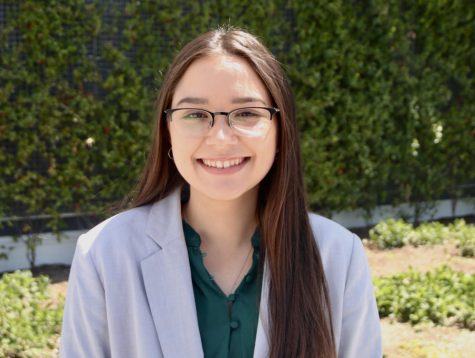
Brynn Lundy Arriago began working for The Lion's Roar in the fall of 2019, her first semester at Southeastern, and now serves as Graduate Assistant. From...


